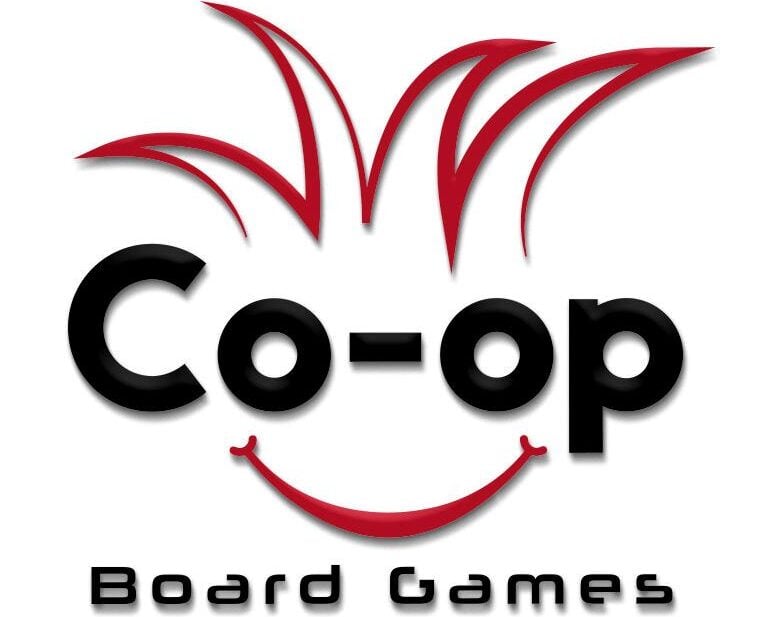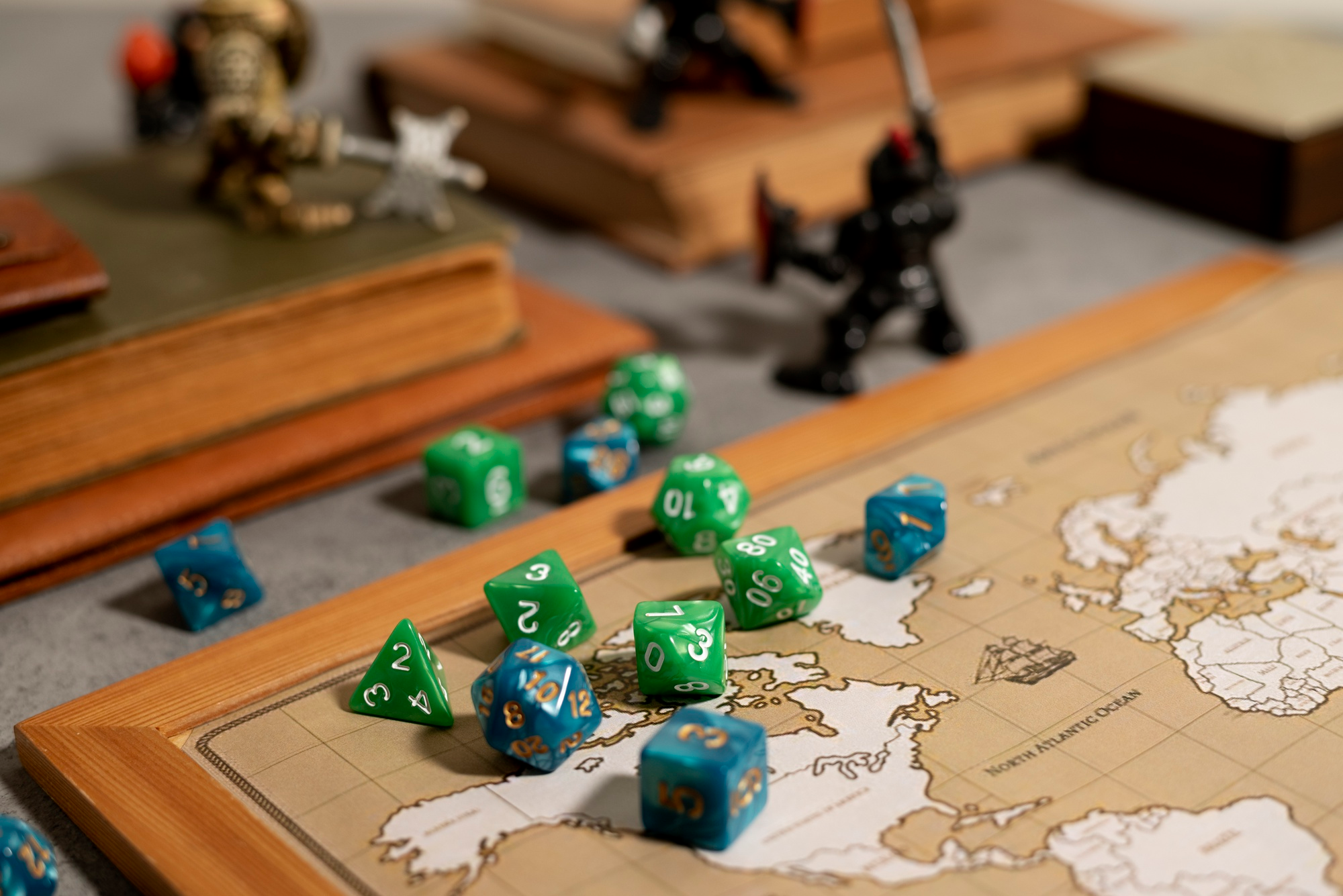How Creativity Always Finds A Place In Board Gaming
You open a board game box and see cardboard pieces, dice, and cards spread before you. What becomes apparent only after playing is the blank space where your imagination gets to work freely.
Every game has gaps that players naturally fill with their own creative ideas, and we twist rules when something feels wrong or add stories to simple mechanics because games are frameworks rather than finished products.
They give you structure but leave plenty of room for personal interpretation. Just like finding unexpected opportunities when you visit RealRaffle and discover verified chances to win something special, board games reward players who look past the obvious mechanics and explore what else might be possible within familiar systems.
Your creativity shapes every session in ways the designer never thought of, sometimes happening on purpose but often emerging naturally when people play together.
When Designers Build Flexibility?
Game creators build flexibility into their titles with modular boards that change each playthrough and player powers that work differently for everyone. Some games give you creative control by letting you choose which rules to activate, arrange components however you prefer, or pick victory conditions based on your group’s mood.
This approach isn’t accidental at all because designers know players will modify their games anyway. They might as well make the process easy and enjoyable for everyone involved.
Games that actively support tinkering tend to stay popular much longer because each gaming group makes them uniquely their own over time.
Research supports what many players already know instinctively. Players who regularly engage with flexible game systems perform noticeably better on creative thinking tests and show much more willingness to try unusual strategies that others might overlook.
They adapt faster when circumstances change unexpectedly, and these cognitive benefits often spill over into other areas of daily life.
Players Shape Their Experience
Most gaming groups don’t stick to official rulebooks forever, and someone usually notices when the game drags during certain phases or when one particular strategy dominates too heavily. The group naturally tries different fixes and modifications to improve their overall experience.
You might change how the scoring system works or adjust starting resources to create better balance. Sometimes groups add mechanics borrowed from completely different games, and these house rules emerge because players want more enjoyable experiences rather than because they think the original design is fundamentally broken.
Online communities make this creative process much bigger and more accessible. Popular community variants can extend any game’s active lifespan by several years, and communities naturally form around these shared modifications that evolve well beyond what the original creator first imagined.
Stories Grow From Simple Mechanics
Games with abstract themes actively invite players to fill in all the narrative blanks with their own imagination. Moving colored wooden cubes around a board becomes complex supply chain management when you imagine what those cubes actually represent in the game world. Simple card play transforms into epic fantasy battles when players fully invest in the fictional elements.
Even purely mechanical games benefit significantly from creative interpretation by engaged players. People develop distinct personalities for their game pieces and invent detailed backstories that explain their strategic choices throughout each session. They add dramatic flair to otherwise routine actions, which makes every turn feel more meaningful and memorable.
Cooperative games absolutely thrive on this type of creative roleplay between team members. When players truly embrace their assigned characters and make thematic decisions instead of purely mathematically optimal ones, genuinely memorable stories emerge from the gameplay that exceed what any designer could possibly anticipate.
Making Games Educational
Teachers have always creatively adapted existing games for specific educational purposes in their classrooms. They modify simple racing games to include subject-appropriate quiz questions and use strategy titles to teach practical resource management skills. Abstract games become engaging lessons about historical events when modified thoughtfully.
These educational adaptations clearly demonstrate how remarkably flexible most game frameworks actually are underneath.
Any teacher who understands basic game mechanics can modify almost any title to support their specific curriculum goals while keeping students genuinely engaged. The learning feels natural and enjoyable because it happens through active play rather than passive absorption.
Players who regularly invent house rules develop valuable real-world skills through this creative process. They practice system design principles and learn balance testing through trial and error. Most importantly, they develop strong iterative thinking skills as they continuously refine their ideas based on actual gameplay results.
Innovation Made Simple
You don’t need special design skills to improve your gaming sessions. Start by observing what bothers you about games your group plays regularly, then try small changes like adjusting starting conditions, modifying one scoring rule, or changing turn order since small tweaks often produce surprising effects on strategy and pacing.
Digital tools also open entirely new creative possibilities for traditional analog games. Some groups use specialized apps that add atmospheric sound effects or generate unexpected random events during play. Others employ tablets for sophisticated scorekeeping or dynamic timer management that adds welcome tension.
Feel free to borrow interesting ideas from other games in your collection or experiment with hybrid approaches that combine physical and digital elements.
That auction mechanism you absolutely love might work perfectly in a completely different thematic context, while modern maker tools let creative players produce custom components that improve both functionality and visual appeal.
Creativity Never Stops
Board games consistently reward creative thinking because they’re built to be much more than their physical components initially suggest.
Every title contains hidden spaces where imagination can flourish freely, and some games make this obvious through modular systems while others hide creative opportunities in the gaps between written rules.
Your creativity makes every gaming session completely unique and keeps even familiar games feeling fresh for many years. The modifications you bring to your table, the stories you create around simple mechanics, and the personal touches you add all contribute to experiences that no designer could have planned or anticipated in advance.

